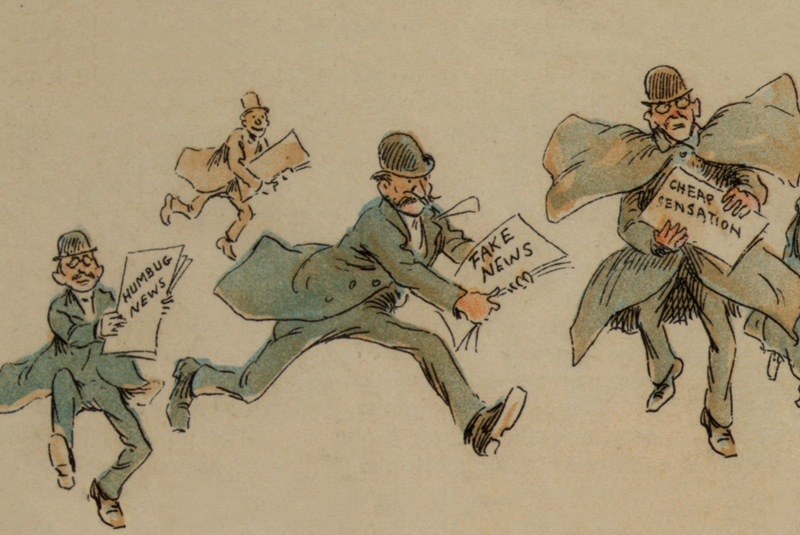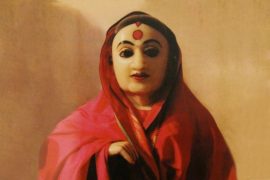Lies have always traveled faster than the truth. The saying, “A lie will go round the world while truth is pulling its boots on,” was first written by G.H. Spurgeon in 1859. But this phrase was later incorrectly attributed to Mark Twain and even Winston Churchill.
Post-truth may seem like a modern phenomenon, and indeed, it is the latest buzzword (and Oxford dictionary’s word of the year for 2016) to reflect on the state of factual truth-reporting. Its consequences are varied; attributed to Brexit, the American election, and even communal riots. Technology – notably social media – is made to blame.
But rumours, unsubstantiated or otherwise, have played a role in politics since time immemorial. Even mythologies show us the consequences of rumour. In the various retellings of the Ramayana, Ram is told that Sita was unfaithful to him – the gossip of fishermen to the nefarious scheme of sister-in-laws – all concern allegations against Sita’s fidelity to Ram. Sita is exiled, made to walk through fire, or cast back into the ‘mother’ earth as a consequence of this rumour. Did Ram act on the basis of fake news?
Rumours and post-truth
One can also find an element of post-truth in the first major assault on the British empire in India. In the 19th century, when the telegraph was first introduced to India, a rumour spread that the telegraph poles were for hanging the opponents of the British Empire. The atmosphere of mistrust around British activities later led to the Revolt of 1857.
Copyright©Madras Courier, All Rights Reserved. You may share using our article tools. Please don't cut articles from madrascourier.com and redistribute by email, post to the web, mobile phone or social media.Please send in your feed back and comments to [email protected]











